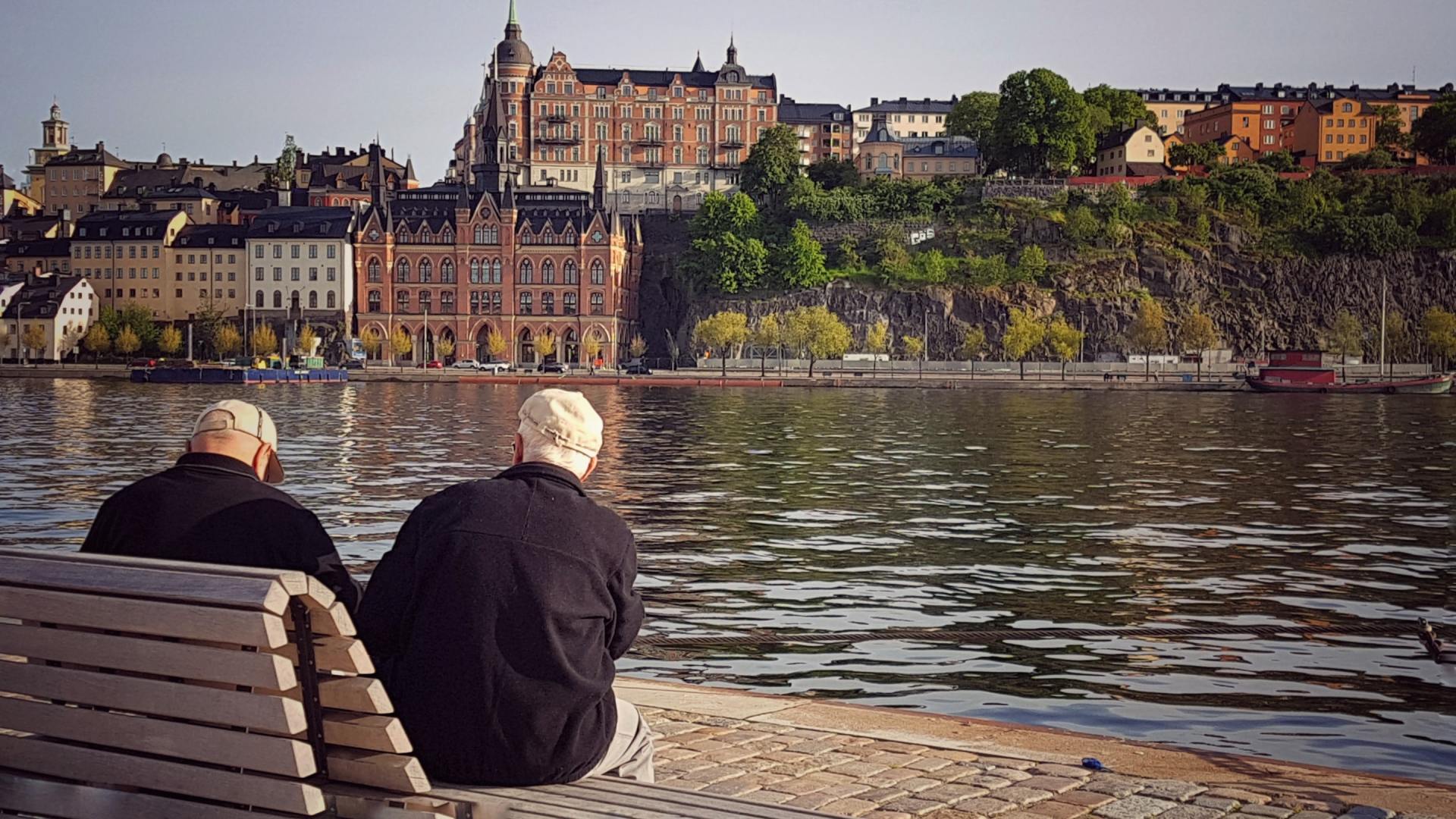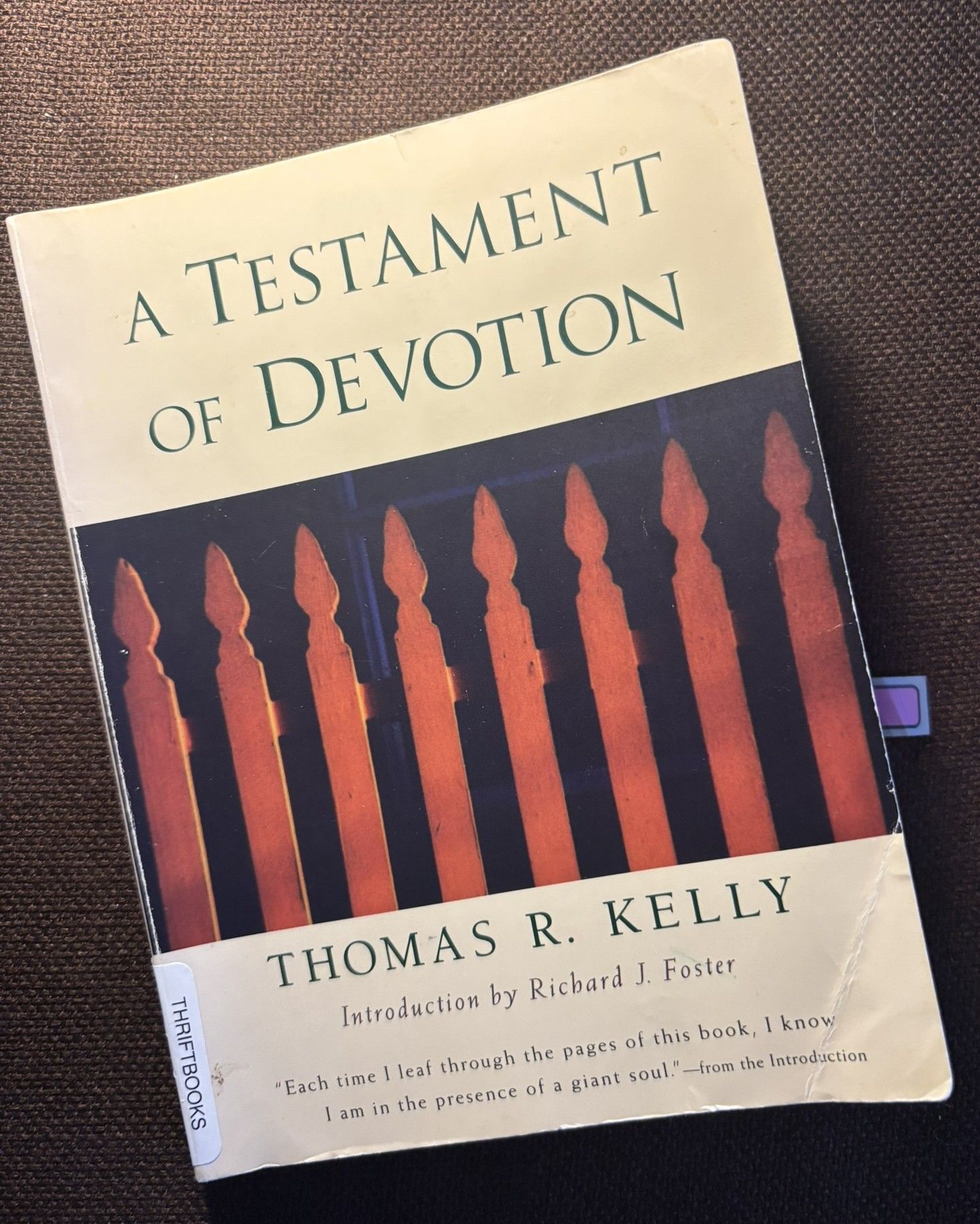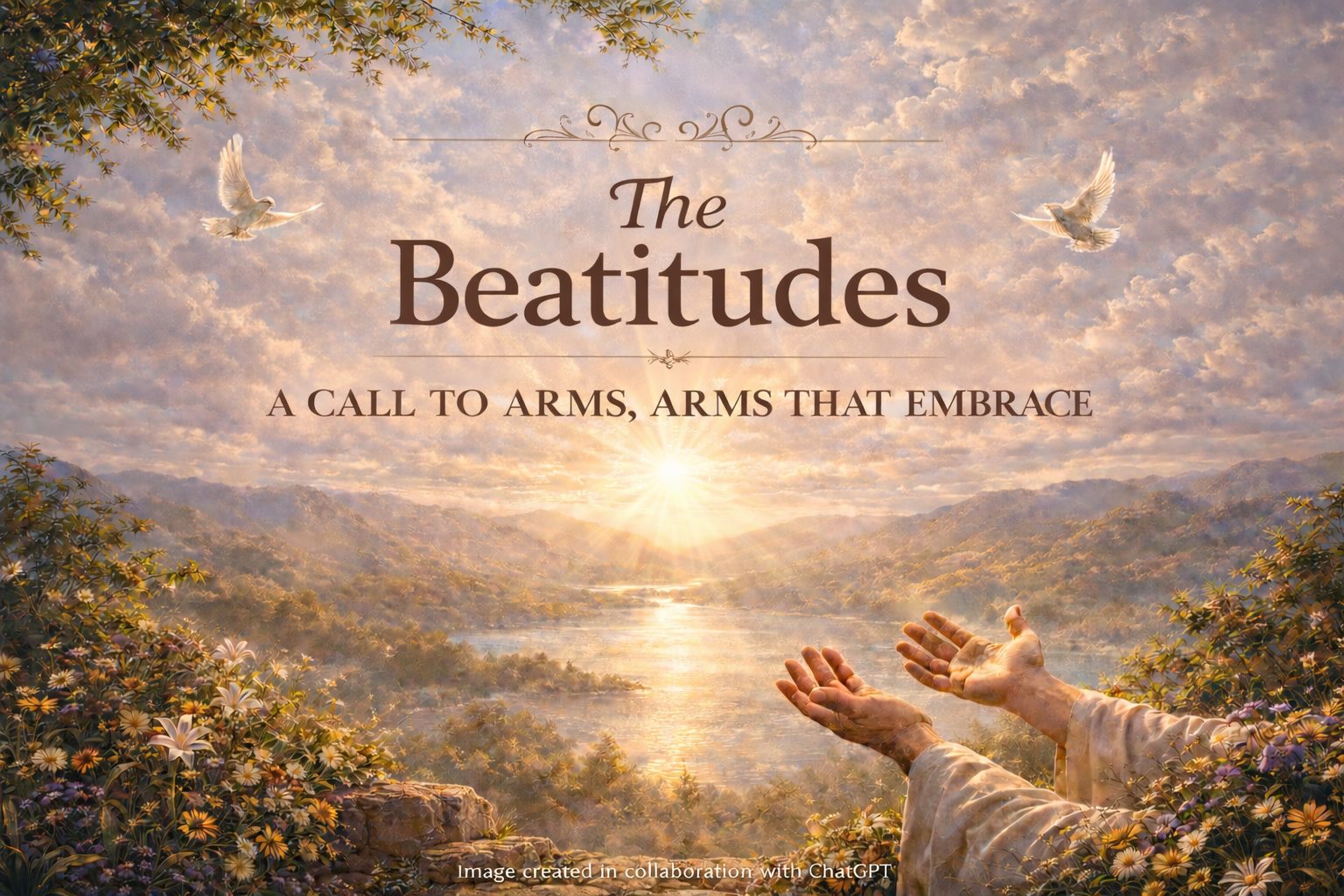Alan Arkin Is Dead! Not so fast....
The "Truth" You Know, Mayn't Set You Free

"Alan Arkin IS dead," I maintained again. "He died, and they had to write him out of the show. That's why he wasn't in the last season."
"Are you sure about that?", my hiking buddy Vince asked.
"Of course I'm sure, I read it at the time."
The show we were talking about was a favorite, The Kaminsky Method, starring Arkin and Michael Douglas. Alan Arkin's character, Norman, dies and the first episode of the last season is about his funeral. We were kaminskerating, er, commiserating with ourselves that it was a pity Arkin, a perfect foil for Douglas' Sandy Kaminsky, hadn't been in those last episodes.
The debate over Arkin's death occurred during one of those conversations people have when spending hours together on a trail, on a road trip, or waiting with a number in your hand at the DMV ("Now serving, number 2,354...."). It wasn't a conversation about Zen Buddhism, the future of higher education, the importance of keeping, changing, or jettisoning the filibuster, or even how to incorporate protein powder into one's diet. It was a dispute about whether a celebrity had died or not.
"Alan Arkin IS dead," once again I asserted, with confidence.
"No, I think he's still alive.
"OK, it's not hard to check," pulling out my cellphone with confidence. The hard evidence to prove my claim, as all truth is, was just a Google search away. A few clicks on the keyboard and there it was.
Alan Arkin. Born March 26, 1937. Has lived for 87 years. Lives. May live forever, for all we know.
Is breathing, I surmise, this very morning.
Then came the retreat.
"Well, I must have seen the notice of Norman's death and thought it was Arkin himself."
And on.
Vince, AKA Vinji, was gracious in victory, agreeing that it was an easy mistake to make.
I was humbled. Humble. It wasn't an error so egregious or so desperately and profusely claimed that it was humiliating, but it was a lesson. Even mistakes of simple fact are not only easy to make, but are made often, by all of us. In this case, it was part of an easy trail chat about shows we'd been watching and the damage was minute and the stakes were low. It was a reminder. A reminder to qualify my assertions, to take seriously others' statements of fact or perspectives.
Debaters, really aver-ers, in society play for much bigger stakes. Lives, careers, opportunities and threats, are all in play. I have talked about beliefs as resting places rather than as truths, but we live in ugly times, when a simple difference of opinion, even a question or the desire to question, can result in death threats, name calling that would never be tolerated even in elementary school, not to mention anger, accusations, ad hominem attacks, and collective sneering from one crowd to another.
Sometimes I despair. How can grown adults be so closed-minded? So absolute in their certainty? So ignorant of their ignorance? So...cruel?
And then, of course, Alan Arkin. Reminders of my own opinionation, self-righteousness, and hubris take me down a peg or two or ten.
Louse Glück, the recipient of the 2020 Nobel Prize for Literature, writing about poetry, said "The dream of art is not to assert what is already known but to illuminate what has been hidden, and the path to the hidden world is not inscribed by will" (p. 7). Art, literature, science, dialogue - all at their best intend to illuminate, to add to, to bring into question, to bring close attention to, the status quo. The taken-for-granted and the unquestioned and unquestionable. Glück, speaking of what drew her to poetry at a very young age, said:
"What I responded to, on the page, was the way a poem could liberate, by means of a word's setting, through subtleties of timing, of pacing, that word's full and surprising range of meaning...I loved those poems that seemed so small on the page but that swelled in the mind: I didn't like the windy, dwindling kind. Not surprisingly, the sort of sentence I was drawn to, which reflected these tastes and native habit of mind, was paradox, which has the added advantage of nicely rescuing the dogmatic nature from a too moralizing rhetoric" (pp. 4-5).
Liberation.
Paradox.
"...swelled in the mind"
I like the kind of give and take that "swells in the mind". That makes me think, long after the discussion. That saves the dogmatic part of my nature from a too often, "too moralizing rhetoric" I carry all too often, all too certainly.
I love the repartee between Norman and Sandy Kaminsky, two very different, two quite complementary, two loving, two aging, older men.
The lesson, for me, starts with recognizing that none of us - certainly not me - know everything and in fact almost nothing, all of us know something and then, together, we can all enjoy the richness of our collective selves. We can laugh through the third season of Kaminsky when Roz (Kathleen Turner, who is so wonderfully, delightfully good here) takes Norman's place as Sandy's irascible counterpart.
I'm smiling right now thinking about it.
Norman is dead. Alan Arkin is alive. Google tells me so. I could have just listened to Vince.
References
Glück, Louise (1994). Proofs & Theories: Essays On Poetry. Ecco.
"The Reports Of My Death Have Been Greatly Exaggerated."
~Mark Twain











